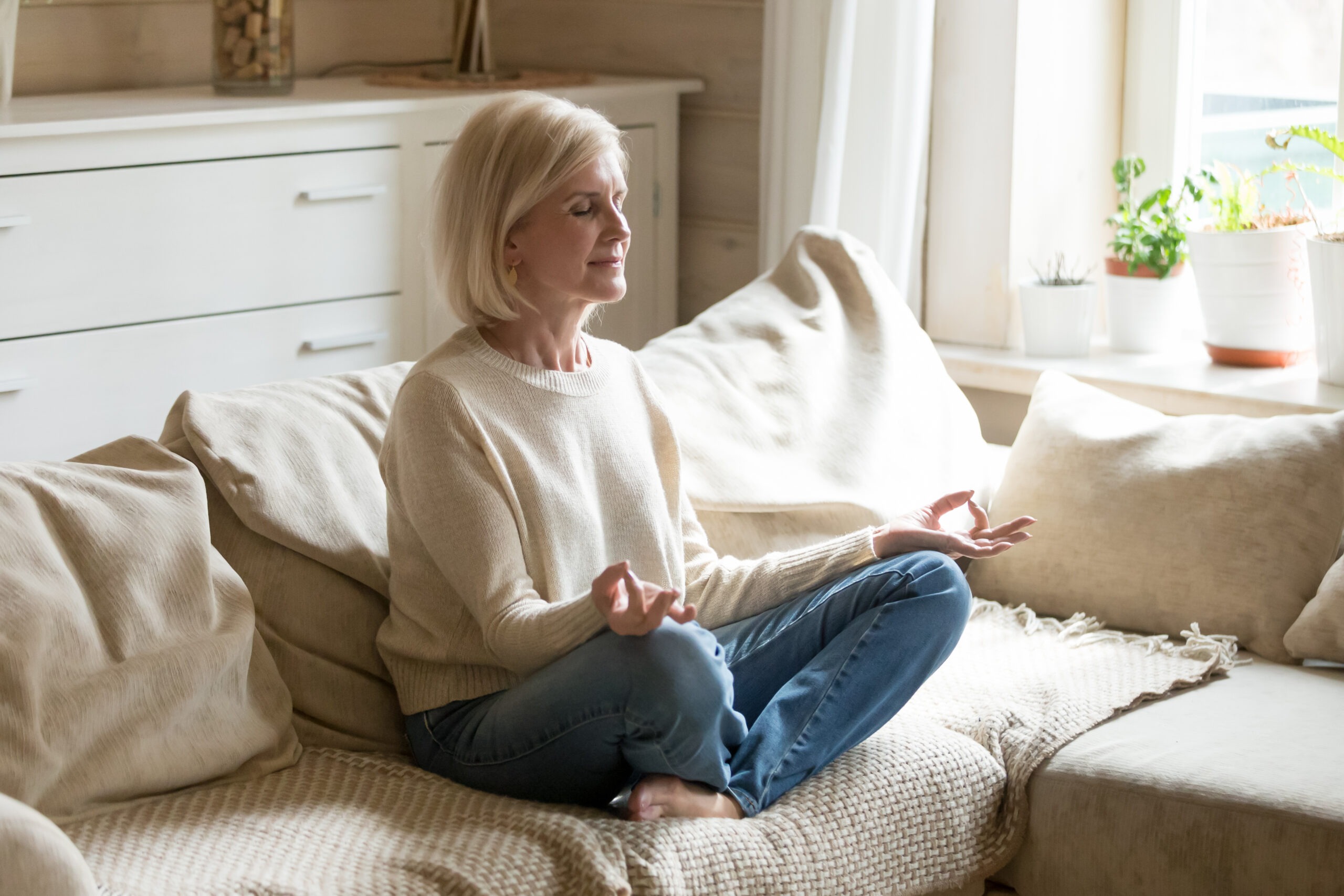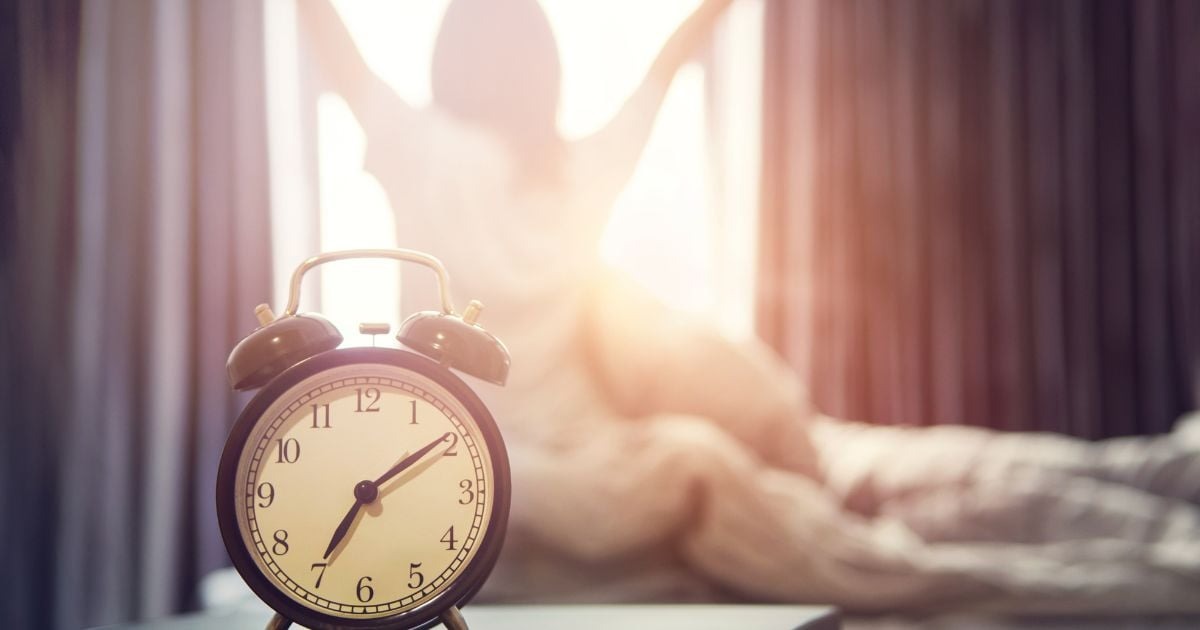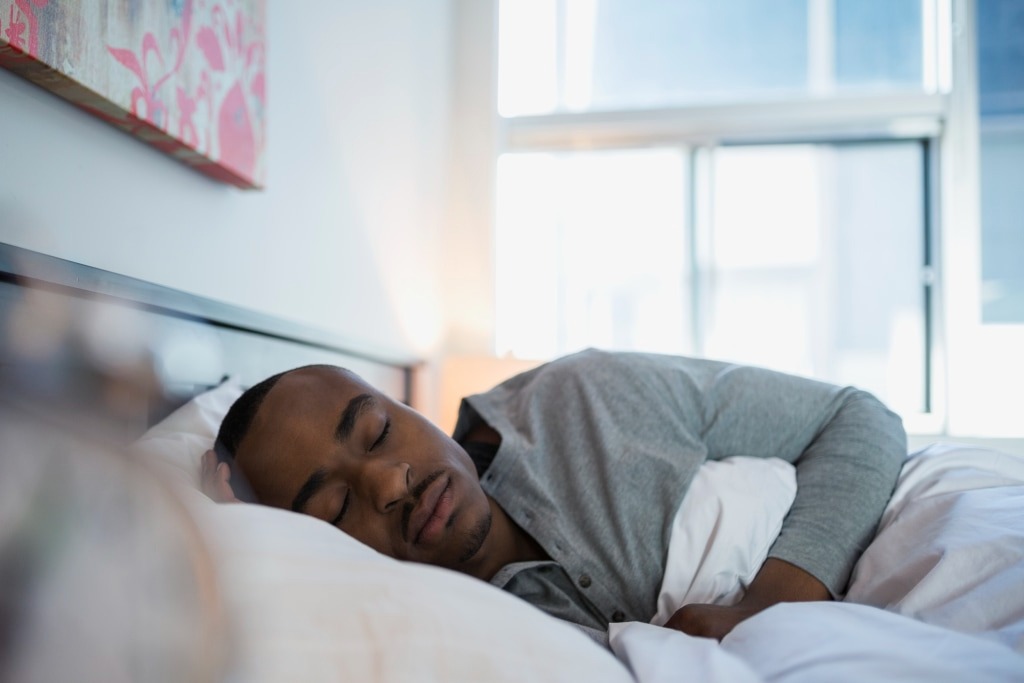Why Good Sleep Matters (and Why Pills Aren’t the Only Solution)
Sleep is your body’s nightly reboot. It’s essential for memory, mood, immunity, and even weight regulation. Yet when sleep becomes elusive, it can be tempting to pop a pill. The problem? Sleep medications can cause dependency, tolerance, and grogginess. Plus, they don’t always address the root of the issue.
The good news: your body is wired for sleep. You just need to create the right conditions to let it happen naturally.
1. Reset Your Sleep Schedule
Your body thrives on routine. Irregular sleep patterns confuse your internal clock (circadian rhythm), making it harder to fall asleep or wake up feeling rested.
Try this:
-
Go to bed and wake up at the same time every day—even on weekends.
-
If you’re resetting your sleep cycle, adjust gradually: shift your bedtime by 15 minutes earlier each night.
-
Get morning sunlight within 30 minutes of waking—natural light helps regulate melatonin (the sleep hormone).
2. Create a Pre-Sleep Wind-Down Routine
You can’t go from work mode to deep sleep in seconds. Your mind and body need a signal that it’s time to rest.
Build a calming ritual:
-
Power down screens at least an hour before bed—blue light tricks your brain into staying alert.
-
Take a warm shower or bath to relax your muscles and slightly lower your core temperature (a signal to sleep).
-
Try gentle stretching, light reading, or listening to calm music—avoid anything intense or emotionally charged.
-
Keep a journal by your bed to offload racing thoughts or jot down tomorrow’s to-do list.
3. Optimize Your Sleep Environment
Think of your bedroom as a sleep sanctuary—not a workspace, gym, or movie theater.
Set the scene:
-
Cool, dark, and quiet are the three magic words. Aim for a room temperature around 65°F (18°C).
-
Use blackout curtains or a sleep mask to block light. Consider white noise or earplugs if you're sensitive to sound.
-
Keep your bed sacred: use it only for sleep and intimacy, so your brain associates it with rest.
Bonus tip: Declutter your room. A clean space can reduce anxiety and promote relaxation.
4. Watch What You Eat and Drink
Your daytime choices impact your night.
What to avoid:
-
Caffeine after 2 p.m. It lingers in your system and can delay deep sleep.
-
Heavy meals or spicy foods close to bedtime—they can cause indigestion.
-
Alcohol may make you sleepy at first, but it disrupts REM sleep and causes early awakenings.
What may help:
-
A small snack with complex carbs and protein—like a banana with peanut butter—can prevent blood sugar dips during the night.
-
Herbal teas like chamomile or valerian root are known for their calming effects.
5. Move Your Body (But Not Right Before Bed)
Physical activity can dramatically improve sleep quality—but timing matters.
Do:
-
Aim for at least 30 minutes of moderate exercise most days. Even a brisk walk counts.
-
Yoga, especially restorative poses, can ease tension and anxiety.
Don’t:
-
Avoid vigorous workouts within 2–3 hours of bedtime, as they may leave you feeling too energized to sleep.
6. Tame Your Racing Mind
Stress is one of the biggest sleep disruptors. If your brain is buzzing when the lights go out, it’s time to build some mental peace.
Mental sleep aids (no pill needed):
-
Breathing techniques like the 4-7-8 method (inhale for 4, hold for 7, exhale for 8).
-
Guided meditation or sleep stories via apps like Insight Timer or Calm.
-
Progressive muscle relaxation—tense and release each muscle group from head to toe.
If thoughts keep circling, label them (“worry,” “planning,” “remembering”) and let them pass like clouds. You’re not trying to force sleep—you’re allowing it.
7. Avoid the Bedtime Struggle
Ironically, stressing about not sleeping is one of the fastest ways to stay awake. If you're lying in bed for more than 20 minutes without dozing off, get up. Do something calming in dim light—read a few pages of a book, sip herbal tea—then return to bed when you feel drowsy.
This prevents your brain from associating bed with frustration.
Final Thoughts: Small Shifts, Big Sleep Gains
You don’t need a medicine cabinet full of sleep aids to get a good night’s rest. What you do need is consistency, intention, and patience. Building better sleep habits is a process, not a one-night fix—but the benefits compound quickly.
Here’s your takeaway:
Treat sleep like the foundation it is—not a luxury, but a vital part of your health. Start with one change today, and stick with it. Your body—and your future self—will thank you.
Sweet dreams—naturally.










